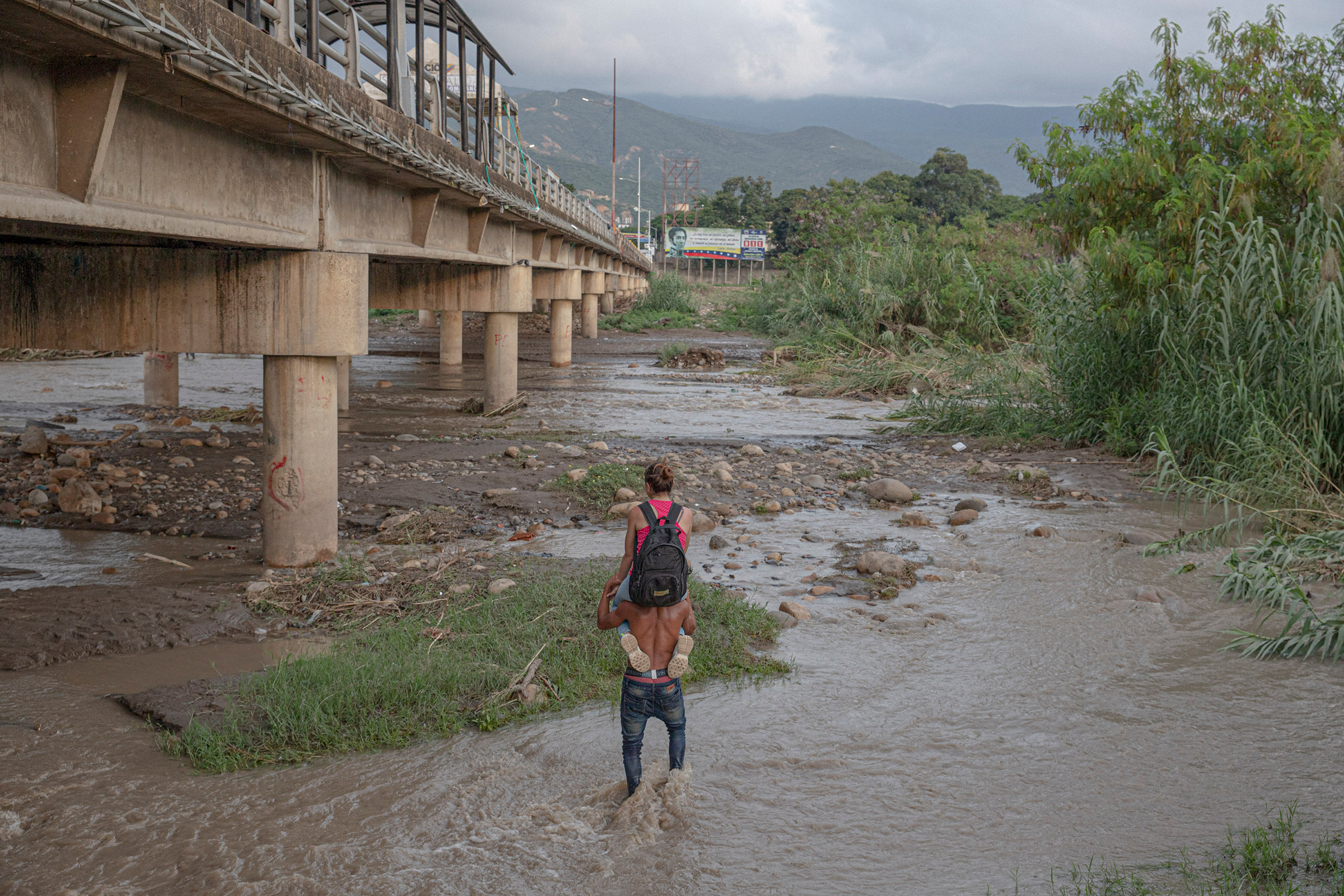For the first few miles, the emptying of Venezuela is a visible thing.
Crossing the border from their benighted native land, refugees trudge uphill into the next country, Colombia, carrying what they have. “There are certain roads where you can see them,” says Fabiola Ferrero, who has spent years photographing what Colombians call los caminantes, “the walkers.” A motorist might pass hundreds on the highway to Pamplona, a city on the Colombian side of the border. “And then they disperse to the rest of the country,” Ferrero says, of an exodus so steady and absent geopolitical drama it has largely escaped the rest of the world’s attention.
Yet 5.5 million people have poured out of Venezuela since 2015, almost as many as the 6.6 million people who have fled Syria over the course of a decade. Almost all arrive hungry. Venezuela has collapsed not as a result of war, but under a failed economy run by the incompetent yet tenacious regime of President Nicolás Maduro. The country has both the world’s largest oil reserves and a third of its population facing hunger.
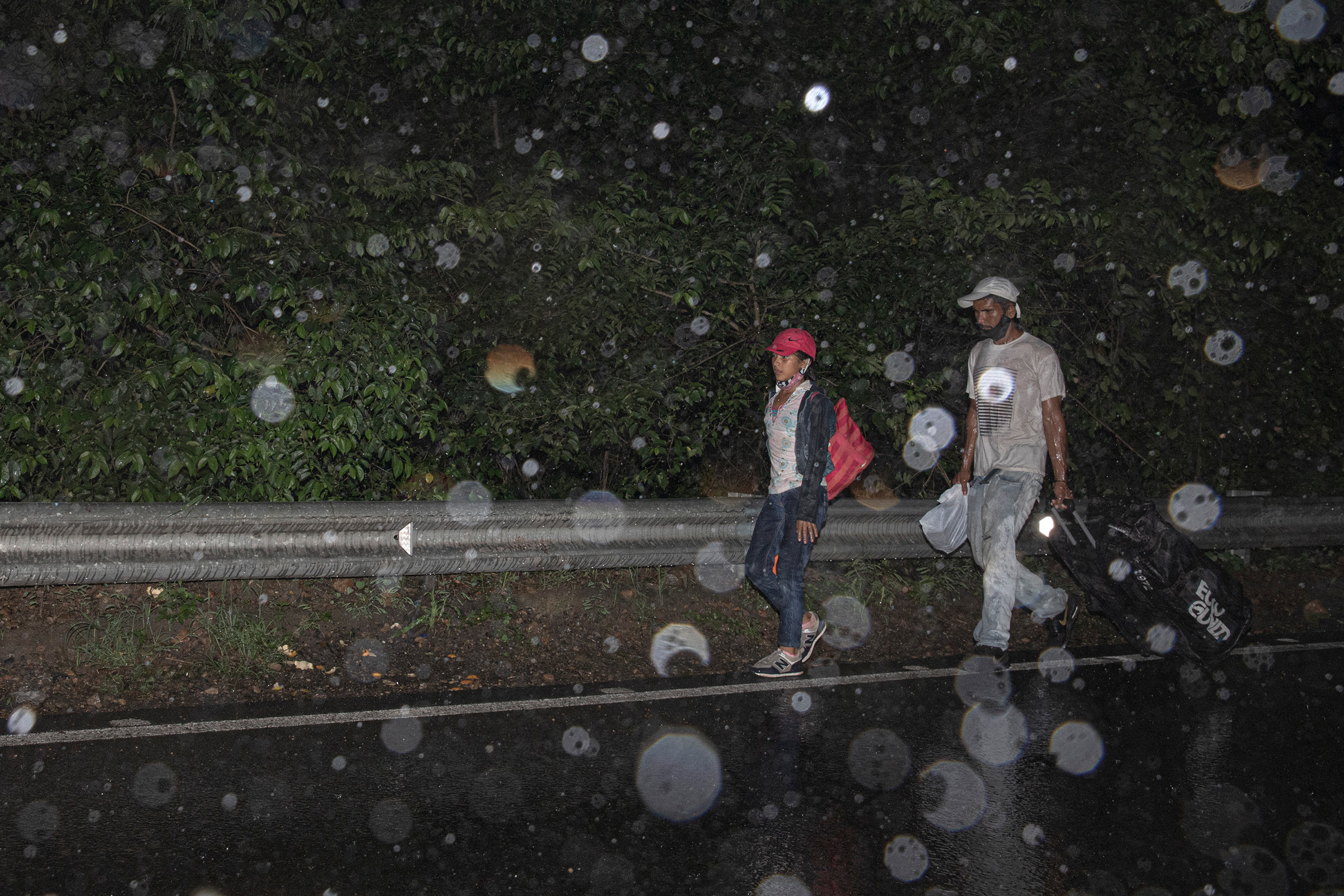
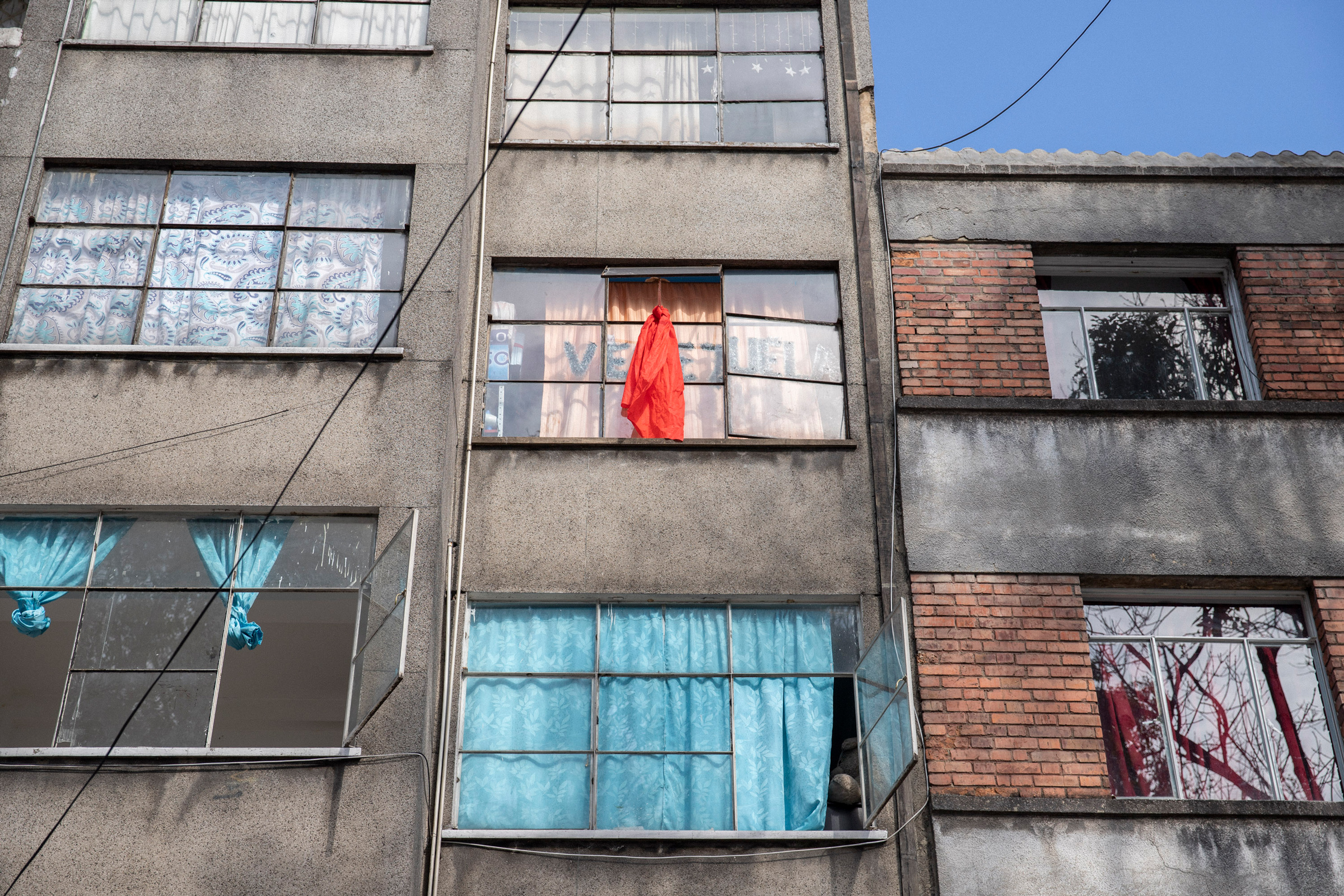
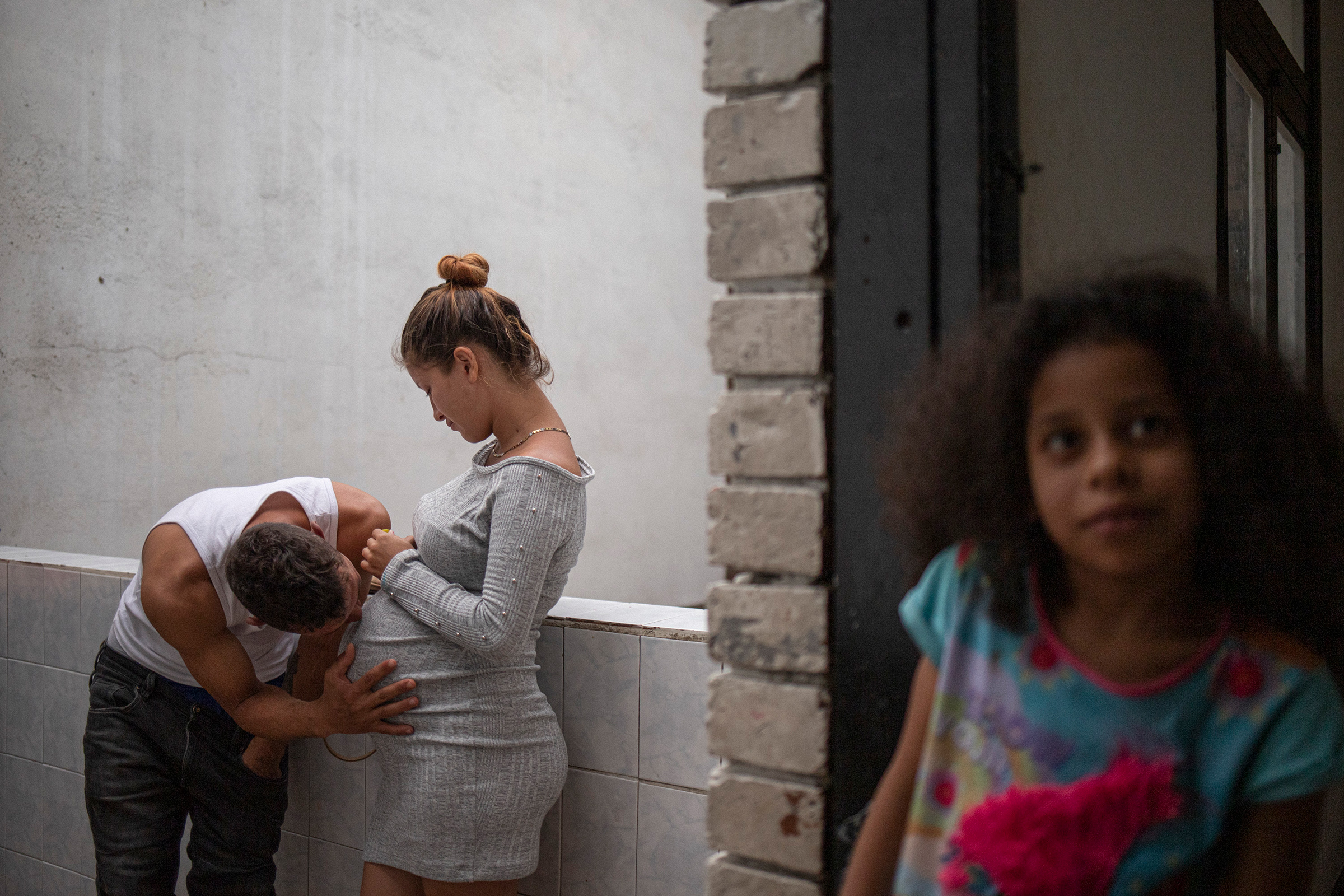
Small wonder that as many as one-fifth of Venezuelans have sought help elsewhere. The largest share, estimated at up to 1.8 million, are in Colombia, which shares with Venezuela a 1,400-mile border, a similar culture and history of hospitality. During their country’s decades-long civil war, Colombians were the ones seeking refuge. Many found it in Venezuela, including the great-uncle of Colombia President Iván Duque. “I remember how he drove me around Caracas and explained where the Colombian neighborhoods were,” Duque told TIME in a March 9 video interview. “I got to understand that in times of crisis in the 20th century, Venezuela became home for many Colombians.”
That history figured in Duque’s decision, announced Feb. 8, to give Venezuelans formal leave to remain in Colombia. What Duque calls temporary protected status (TPS) allows a migrant to live as native, with an ID card, health coverage and social security for at least 10 years. As a gesture, it’s at least as generous as Angela Merkel’s 2015 decision to welcome 1 million migrants into Germany, though Colombia, with an economy one-tenth the size, is taking in twice as many people, and perhaps many more. “We could see 10 million people out of that country within two or three years” if Maduro remains in power, Duque says.


“It’s humanitarian. It’s fraternal,” the President says of his decision.
“We’re also sending a message to the world that you don’t have to be rich to do the right thing.”
Not many nations do. Seven decades after fleeing Israeli forces, Palestinians in neighboring Lebanon need special permission to work. In the U.S., Donald Trump upended a bipartisan tradition of extending TPS to migrants from countries affected by disasters. And though Venezuelans were welcomed in some Latin American countries earlier in the crisis, others have thrown up obstacles.
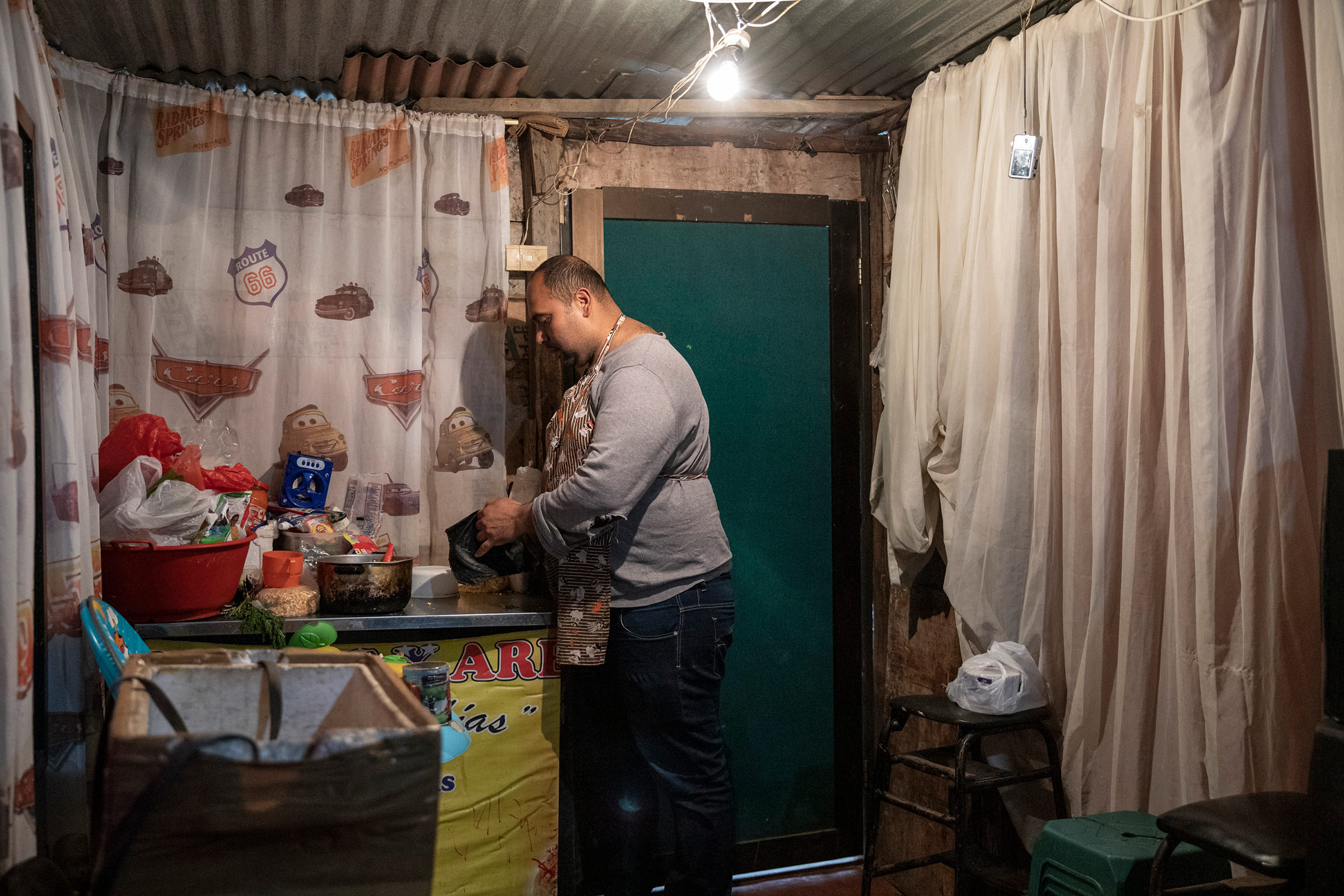
Ferrero notes that even in Colombia, “a friendly country in general, better than the rest,” migrants encounter resentment and presumptions of criminal intent. “When I interview them, they say, I don’t know why they treat me like that, or call me Veneco, which is the derogatory word for Venezuelans.” Ferrero is herself Venezuelan and resides now in the Colombian capital, Bogotá, after arriving just before the border was closed to prevent the spread of COVID-19 in March 2020.
Lockdown hit migrants hard; many could no longer afford the $5 daily rent for shelter in cities like Bogotá. “I interviewed one guy who went out to get something to eat or work, and when he came back, they closed the door, took all his stuff as payment.”


Ferrero also passed out notebooks, so migrants could log their meals. They came back: “Breakfast: nothing. Lunch: nothing. Dinner: potatoes,” Ferrero reports. “For days and days and days.” In the ultimate measure of desperation, thousands returned to Venezuela, only to circle back again.
Colombia’s government is stretched too. Duque says it spends nearly $1 billion a year on the migrants and has been shortchanged by donor nations. The international community has committed over $20 billion to support Syrian refugees compared with $1.4 billion for almost as many Venezuelans. Duque wants more help but calls TPS “a win-win solution” that vests migrants in Colombia’s economy and takes pressure off its health care and social services.
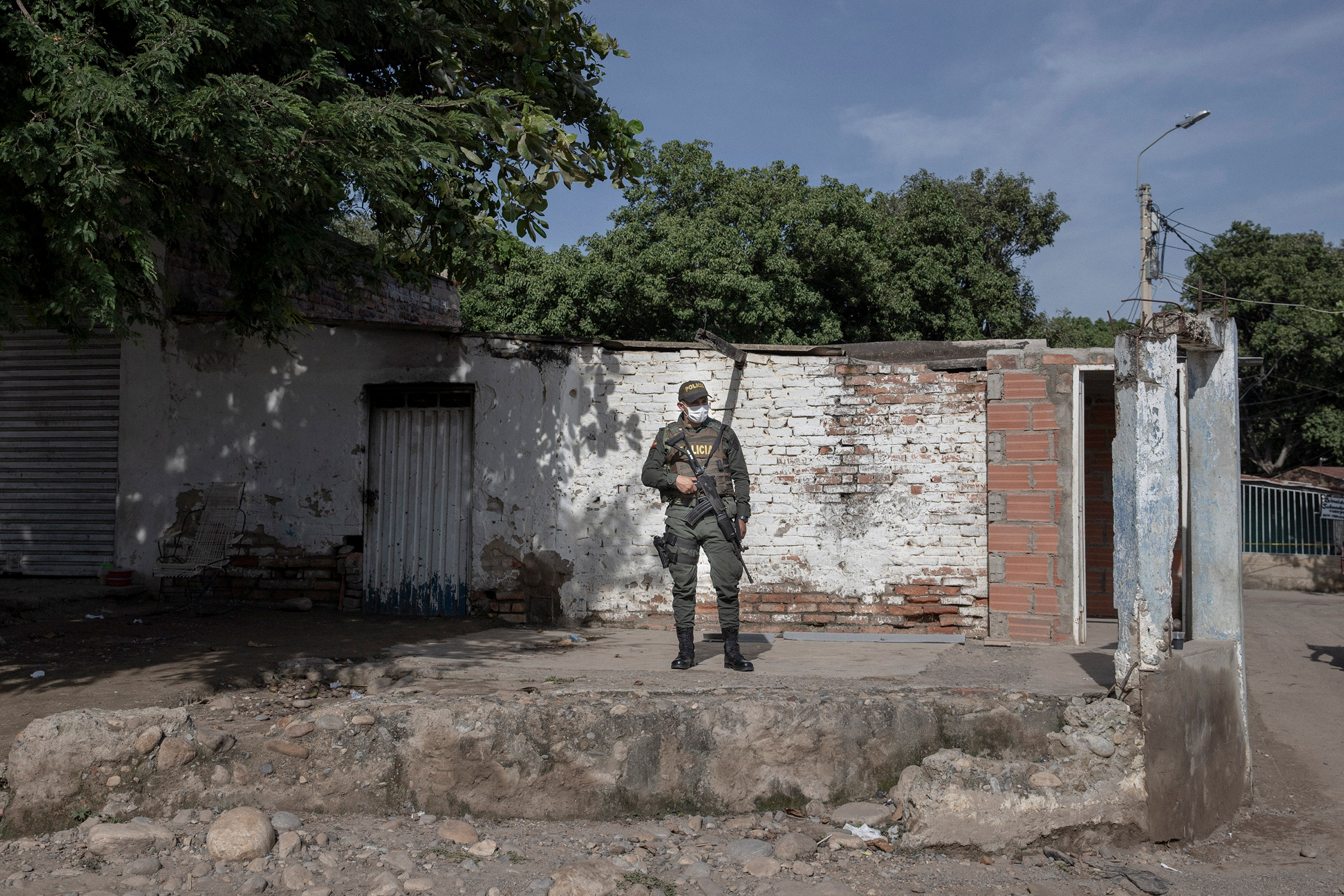
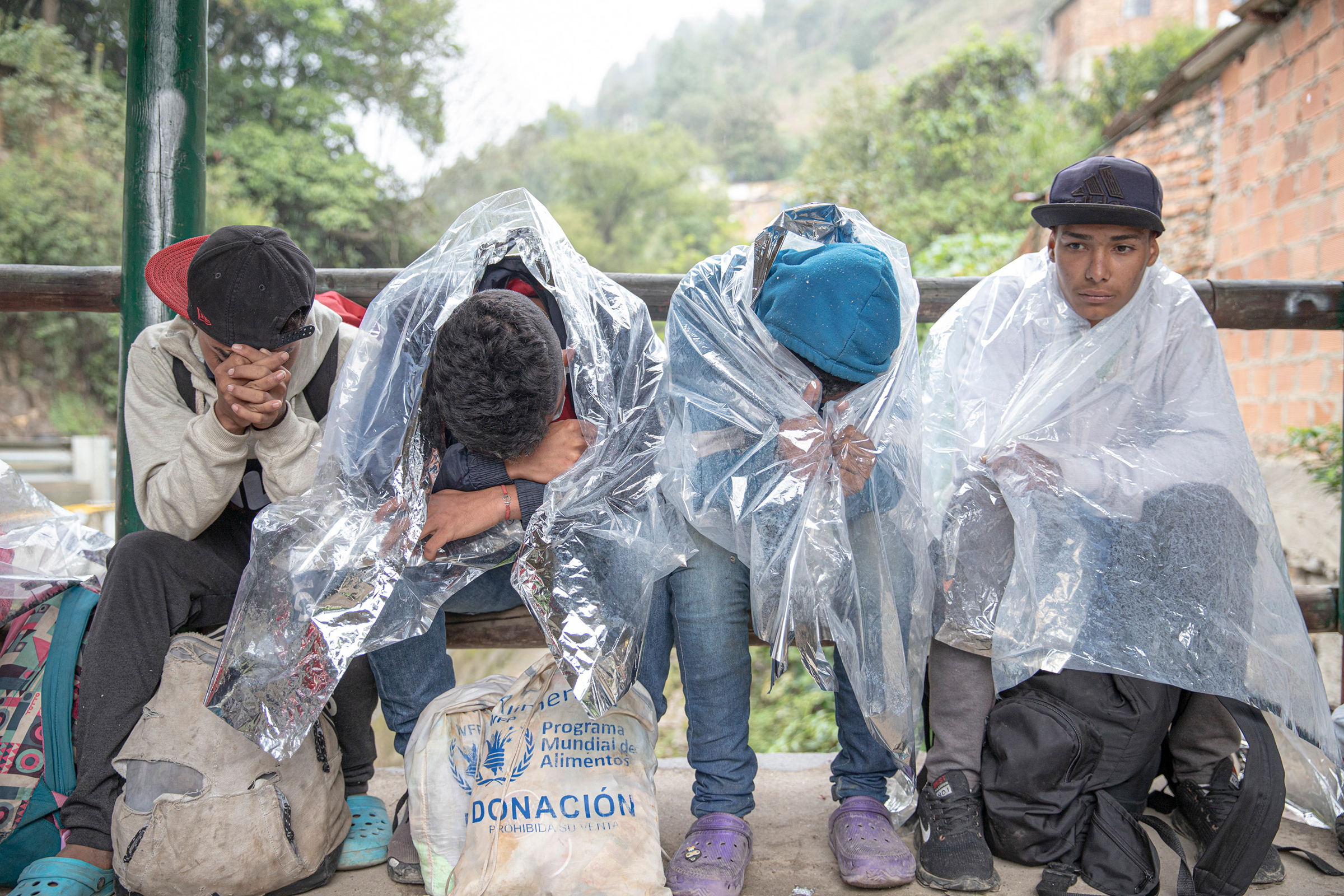
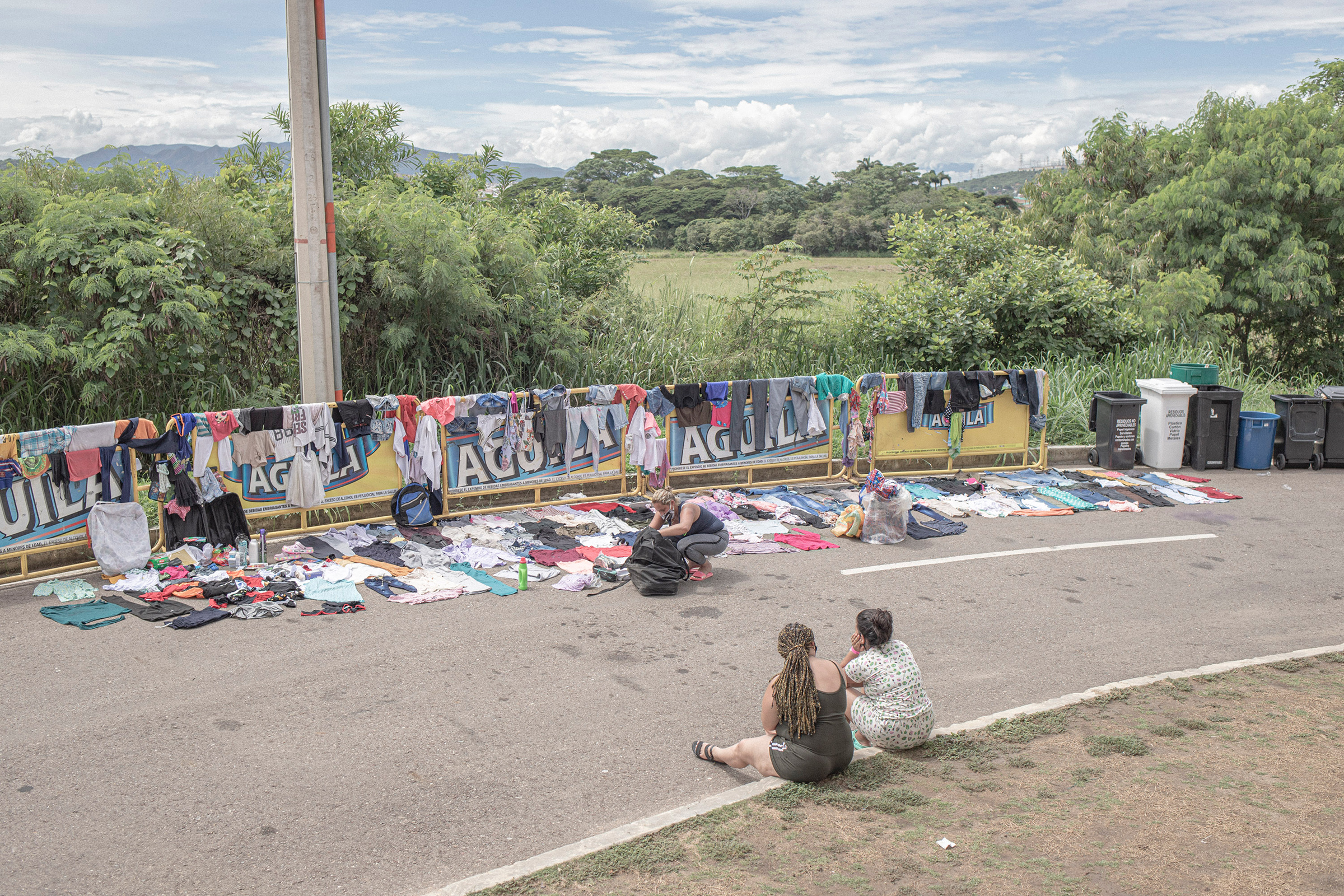
It also sets an example. Duque’s move was applauded even by news media in Latin American countries where right-wing governments have moved against migrants. “If all the Latin American nations had a political class similar to that of Colombia, the continent would have a different destiny,” the famed Peruvian novelist Mario Vargas Llosa wrote in Chile’s La Tercera. And on March 8, one month after Duque’s announcement fulfilling a campaign promise, President Joseph Biden granted TPS to the estimated 320,000 Venezuelans in the U.S., fulfilling one of his own.
“So Colombia started and the U.S. follows,” says a smiling Duque. “And then we expect other countries to do the same thing.”
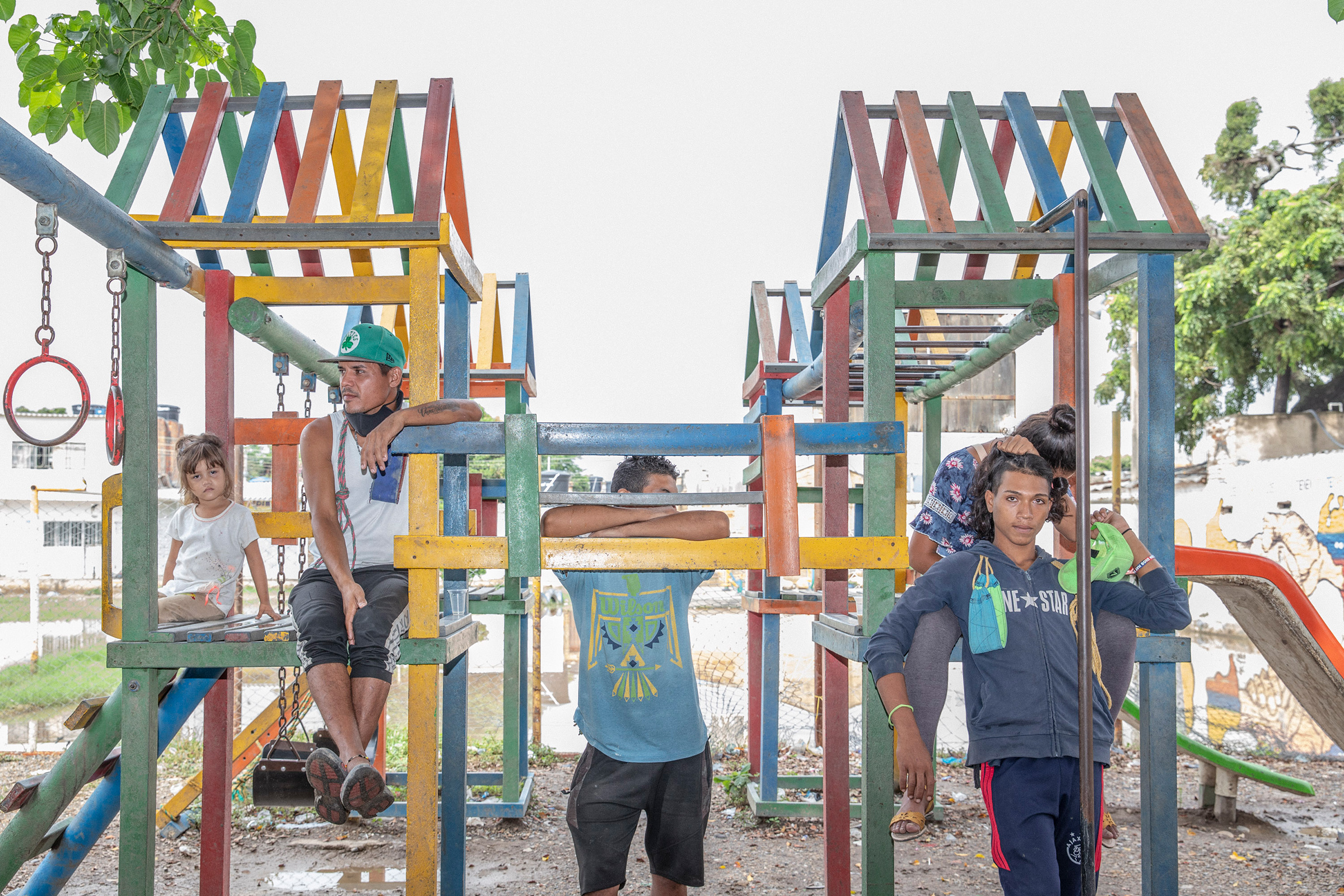
—With reporting by Ciara Nugent and Madeline Roache/London
Fabiola Ferrero is a photographer based between Venezuela and Colombia. Her work is supported and produced by the Magnum Foundation, with a grant from the Henry Luce Foundation.
More Must-Reads from TIME
- Cybersecurity Experts Are Sounding the Alarm on DOGE
- Meet the 2025 Women of the Year
- The Harsh Truth About Disability Inclusion
- Why Do More Young Adults Have Cancer?
- Colman Domingo Leads With Radical Love
- How to Get Better at Doing Things Alone
- Michelle Zauner Stares Down the Darkness
Contact us at letters@time.com
